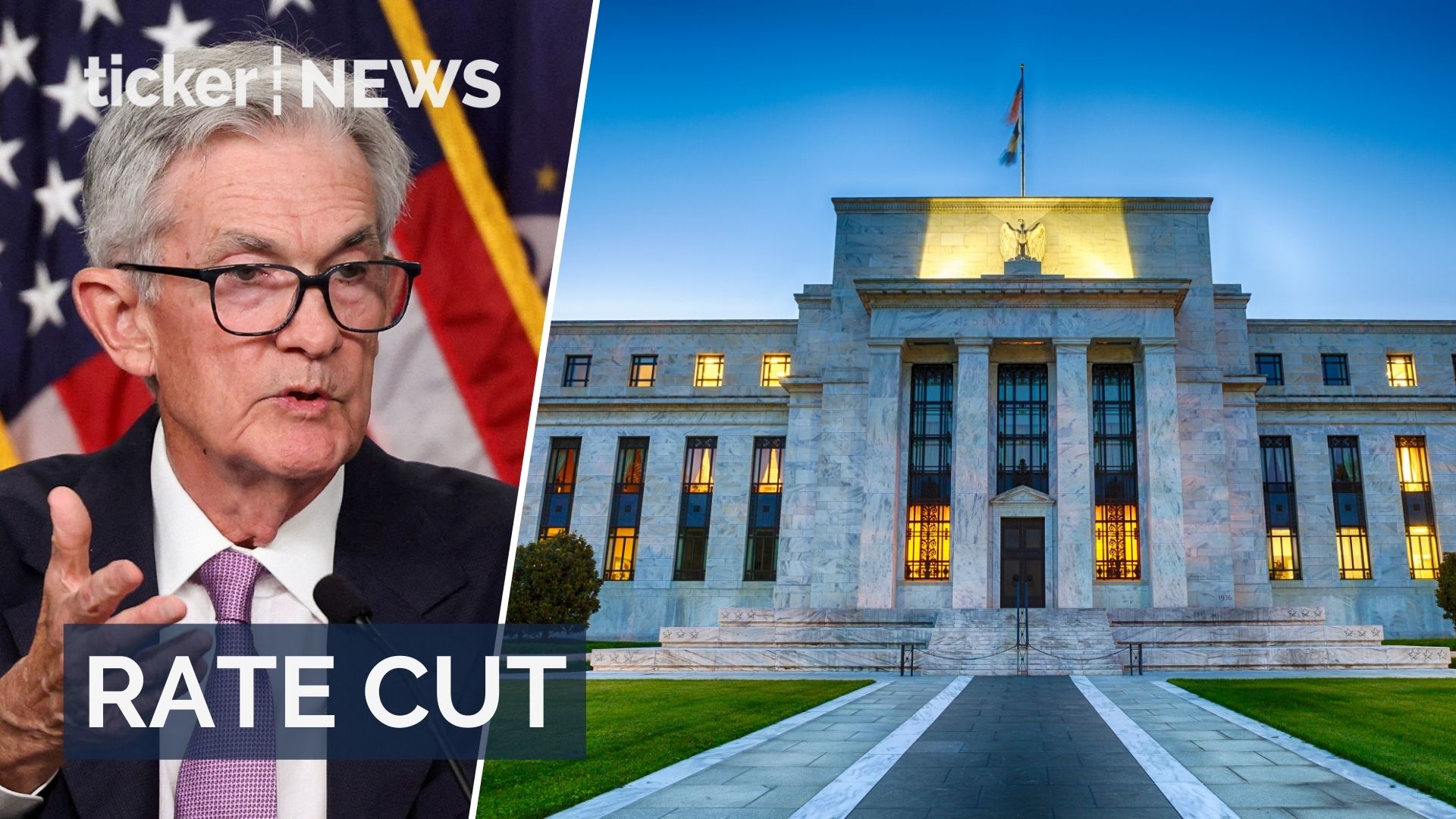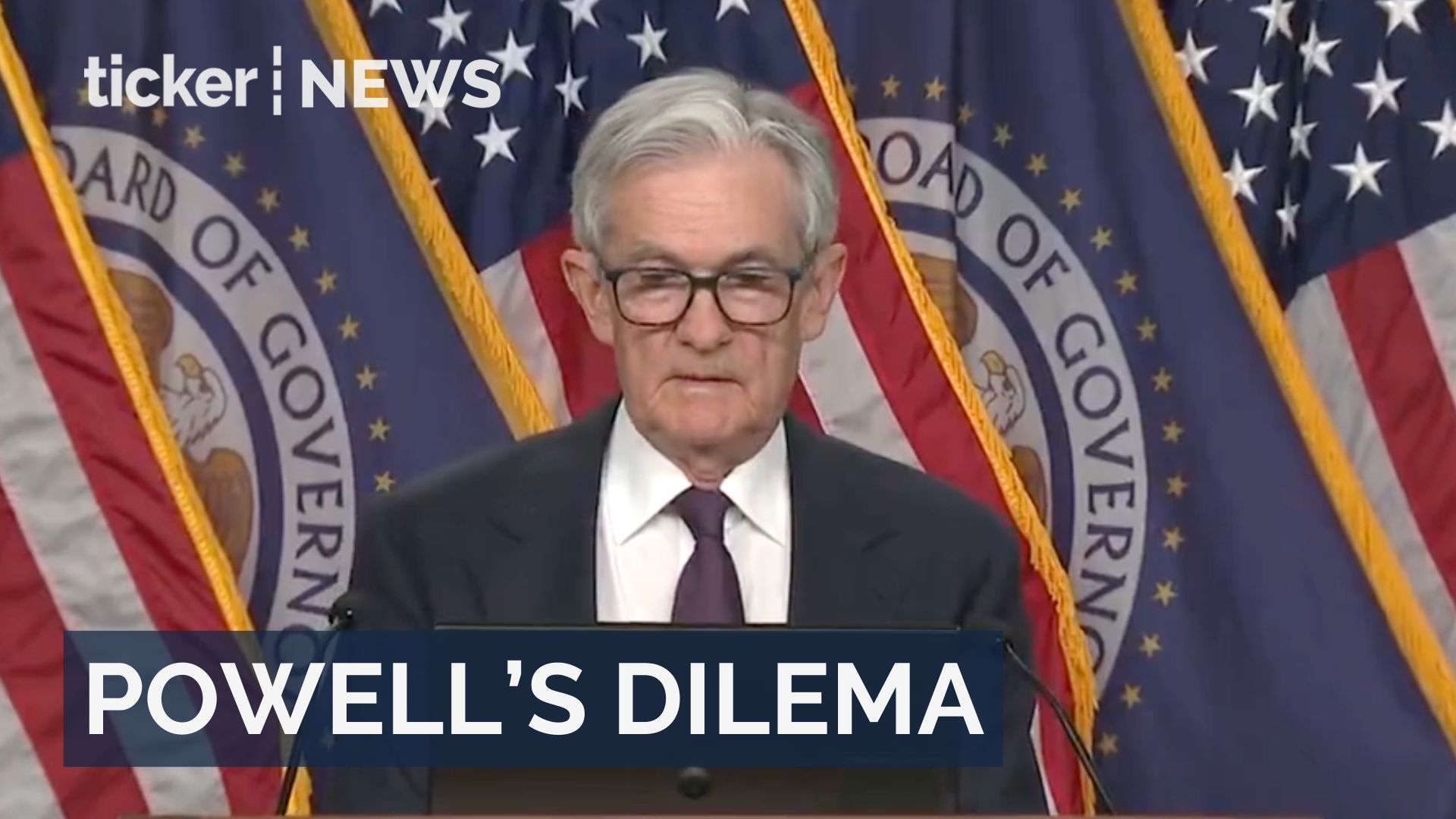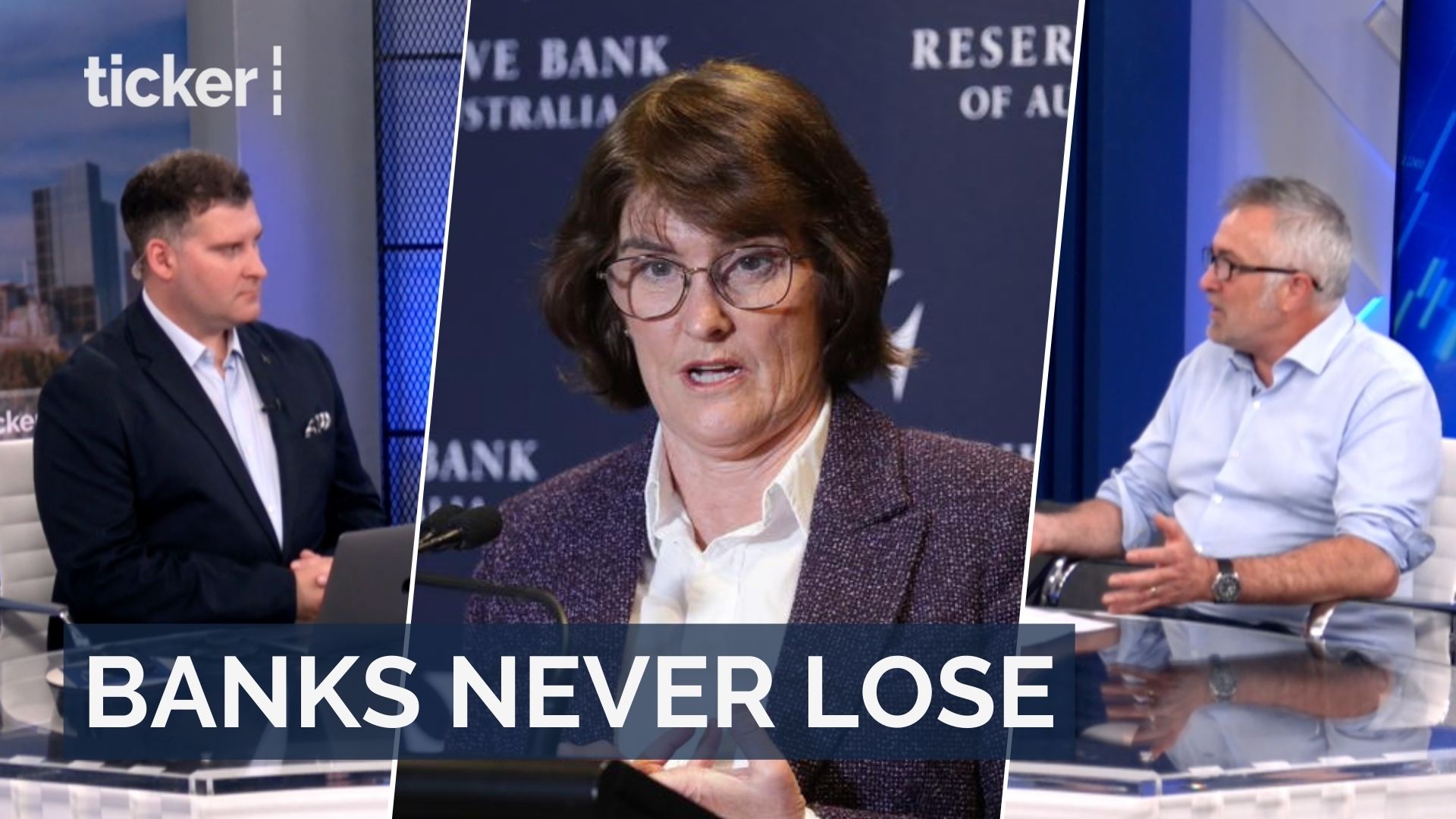Money
Gen Z are choosing mental health over work


Money
Fed cuts rates, signals more potentially ahead
Fed lowers rates amid job market concerns, signalling potential further cuts in upcoming meetings
Money
Fed faces unusual dissent amid leadership uncertainty
Fed’s Powell navigates contentious meeting amid Trump-appointed dissenters as rate cut looms and succession contest heats up
Money
RBA plans to ban credit card surcharges in Australia
Reserve Bank of Australia plans to ban credit card surcharges despite banks warning of potential higher fees and weaker rewards
-



 Shows2 days ago
Shows2 days agoInspiring transformation: from prison to boardroom success
-



 News4 days ago
News4 days agoVance vows crackdown after Kirk murder
-



 News4 days ago
News4 days agoCharlie Kirk’s legacy reshaping US conservatism
-



 Tech4 days ago
Tech4 days agoMusk’s $1B Tesla stock buy amid trillion pay proposal
-



 Tech4 days ago
Tech4 days agoU.S. and China reach TikTok deal framework agreement
-



 Money4 days ago
Money4 days agoRBA plans to ban credit card surcharges in Australia
-



 News2 days ago
News2 days agoDisney cancels Jimmy Kimmel’s show after controversy
-



 News1 day ago
News1 day agoMark Zuckerberg has unveiled Meta’s first so-called AI glasses










